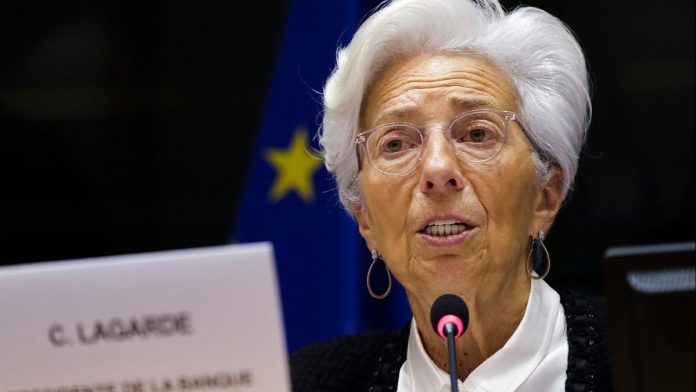European Central Bank President Christine Lagarde has said to review the decision -making mechanism in the European Union. She proposed to introduce a majority voting instead of a veto for each country to make the EU more competitive and capable of acting faster and more efficiently. The statement was made on April 2 on Bloomberg after her speech in Dublin, where Lagarde received the Sutherland Leadership Award award.
"As we expand our economy, we need to expand the scale of decision making to match this," Lagarda said. She noted that in order for the EU to stand in its positions, it is necessary to act as a whole in several key areas. This requires changes in the decision -making structure.
Lagarda emphasized that the current system, when one country veto can destroy the collective interests of 26 other countries, is imperfect. She believes that in this case, the voting will be more democratic, as it will allow all members of the Union to act coordinated and without obstacles that arise through the interests of individual states.
The problem with the veto in the EU has become especially obvious after numerous cases where individual countries, including Hungary, have used this right to block decisions. Hungary Prime Minister Viktor Orban has repeatedly vetoed various EU initiatives, in particular after the war in Ukraine, which complicated the possibility of the European Union to act as a single front on global issues such as sanctions against Russia.
Lagarde believes that the abolition of veto veto will allow the EU to act more effectively in global issues, including economic policy, sanctions and other important areas. She pointed to the need for changes in the decision -making structure, since the current situation does not meet modern requirements and challenges.
The proposed changes to the EU decision -making mechanism can significantly change the political landscape of the European Union, allowing them to respond faster and more effectively to internal and external challenges. However, this innovation will also need the support of all Member States, which can be a difficult task, taking into account the interests of different states.


